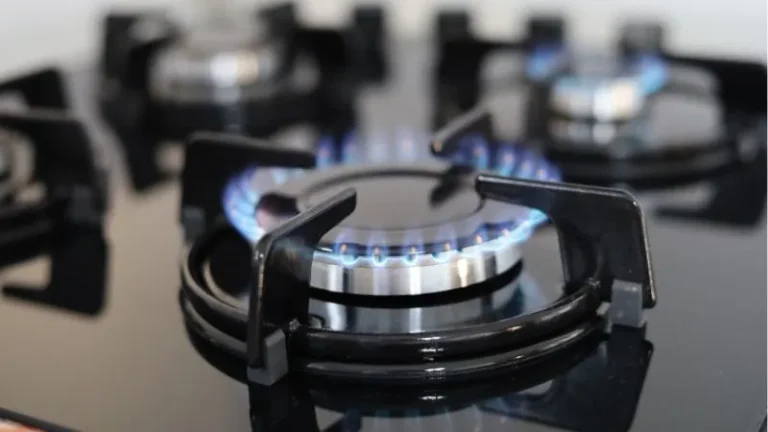Under current plans real-time data from the meter won’t be a reality until 2040, by which time AI and consumer energy resources will have reshaped the energy sector.
…
Expert view
“Today’s challenge of implementing useful meter data for both networks and consumers is in part a legacy of a disastrous historical policy decision we’ll be paying for throughout the energy transition: shifting metering from distributors to retailers. If not for that we probably could have fixed this problem through network regulations a decade ago. Instead we’ve been chasing our tails just trying to get access to standard smart meter functionality, like detailed voltage data for networks, which is taken for granted in Victoria where they dodged the contestable metering bullet.
“Everywhere else, we don’t even really have smart meters; we have remotely read interval meters, setting us back 20 years on functionality. So the most effective solution at this stage is also the least likely: admit we stuffed up, and hand responsibility for metering back to distributors, with contestable metering as an opt-in and strict conditions on functionality.In the absence of that, we can still move forward on data with practical solutions that work for people: mandate metering and metrology to support CER participation in 5 minute markets, and permit the use of suitable non-“market meter” data from in-home devices like inverters for granular, real time data, including for VPP participation.”
Craig Memery, Senior Advisor, Justice and Equity Centre

HPLS Solicitor Jeremy Rea wins Bondie Award